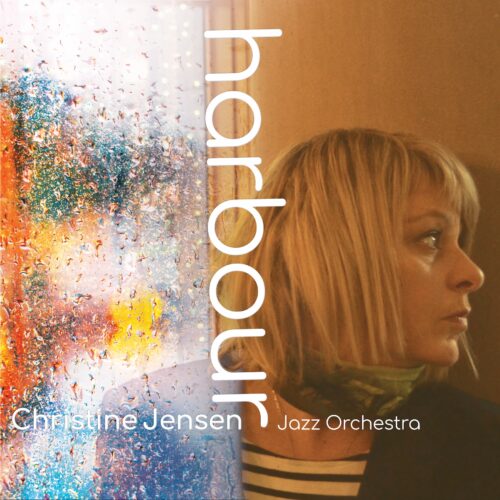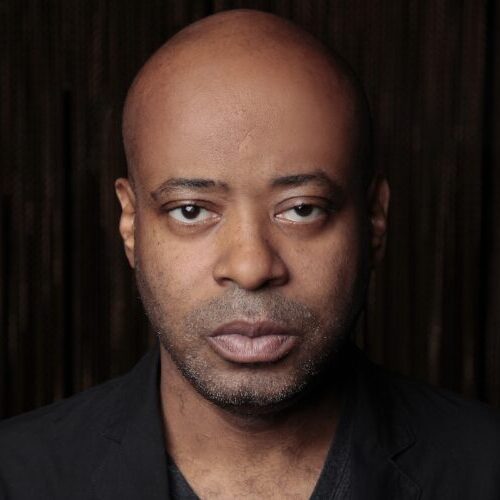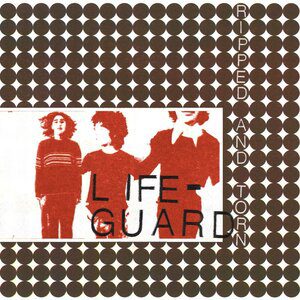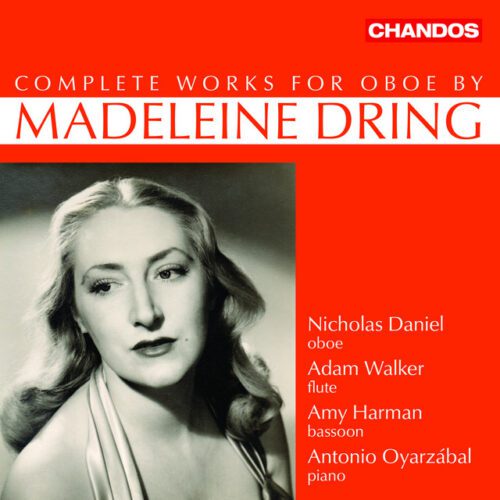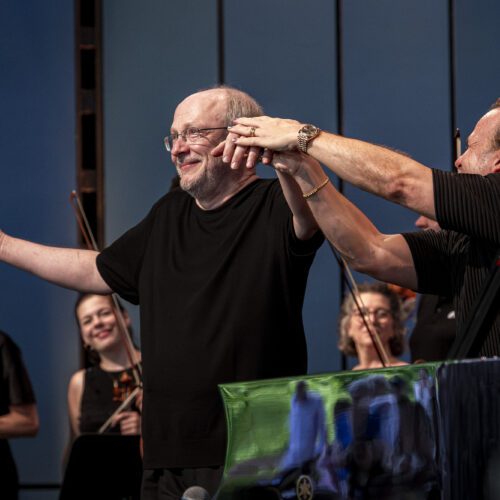With Harbour, Christine Jensen brings together her best friends and family members from Montreal and New York for a third album of compositions for her big band. After Treelines (2010) and Habitat (2013), Jensen continues her exploration of the possibilities of the jazz orchestra, which she is mastering better and better, and for which she is creating a body of work of eminently perennial and international caliber. Of course, maturity has its effect. You can hear the Montrealer summoning the multiple influences that guide her, but marrying them, interweaving them and enhancing them with her own inspirations to obtain a result teeming with dynamism and texture. Jensen’s personality is found in a kind of optimism and easy fluidity that runs through the whole album, unlike other “moderns” who allow certain stereotypes of modernity to invade their approach (squeaks, cynicism, emotional darkness, abrupt and angular sonorities). Jensen’s music is never simple, but it’s continually easy to love. It’s a wonderful feeling of confidence in the beauty of the world that embraces us all the way through listening to Harbour, despite the attentive demands made by its writing.
All these refined and complex constructions unfold in large, beautiful melodic-harmonic lines, and in these rich wefts percolate learned elements such as some beautifully colored atonal/impressionist passages (Cascadian Fragments). Elsewhere (Swirlaround), Jensen takes a more rocking approach, with a heavy beat underpinning beautiful brass choruses, an electric guitar monologue (excellent Steve Raegele) or a few pretty piano drops (Gary Versace). Sister Ingrid also contributes some magnificent trumpet episodes, but also some electronics present enough to gently titillate the ear, and discreet enough not to distort the essential approach of the project, that of a big band rooted in the tradition of the genre.
Treelines and Habitat were excellent. Harbour is simply masterful.
